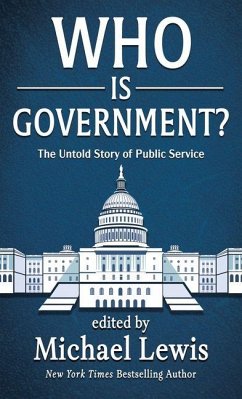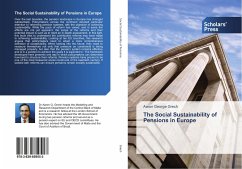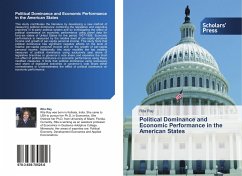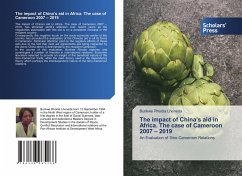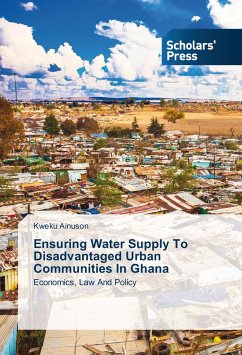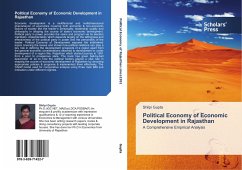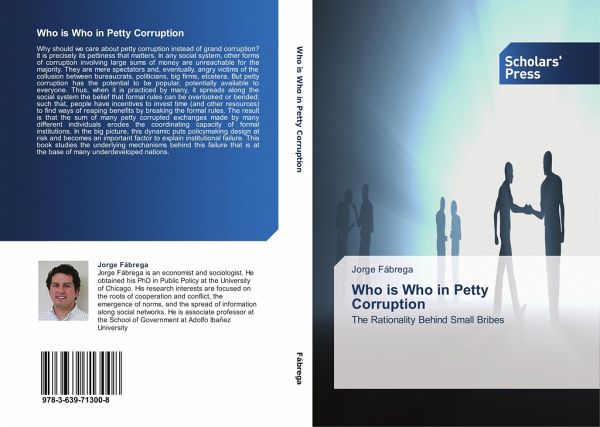
Who is Who in Petty Corruption
The Rationality Behind Small Bribes
Versandkostenfrei!
Versandfertig in 6-10 Tagen
59,99 €
inkl. MwSt.

PAYBACK Punkte
30 °P sammeln!
Why should we care about petty corruption instead of grand corruption? It is precisely its pettiness that matters. In any social system, other forms of corruption involving large sums of money are unreachable for the majority. They are mere spectators and, eventually, angry victims of the collusion between bureaucrats, politicians, big firms, etcetera. But petty corruption has the potential to be popular, potentially available to everyone. Thus, when it is practiced by many, it spreads along the social system the belief that formal rules can be overlooked or bended; such that, people have ince...
Why should we care about petty corruption instead of grand corruption? It is precisely its pettiness that matters. In any social system, other forms of corruption involving large sums of money are unreachable for the majority. They are mere spectators and, eventually, angry victims of the collusion between bureaucrats, politicians, big firms, etcetera. But petty corruption has the potential to be popular, potentially available to everyone. Thus, when it is practiced by many, it spreads along the social system the belief that formal rules can be overlooked or bended; such that, people have incentives to invest time (and other resources) to find ways of reaping benefits by breaking the formal rules. The result is that the sum of many petty corrupted exchanges made by many different individuals erodes the coordinating capacity of formal institutions. In the big picture, this dynamic puts policymaking design at risk and becomes an important factor to explain institutional failure. This book studies the underlying mechanisms behind this failure that is at the base of many underdeveloped nations.



